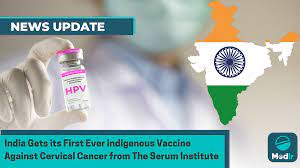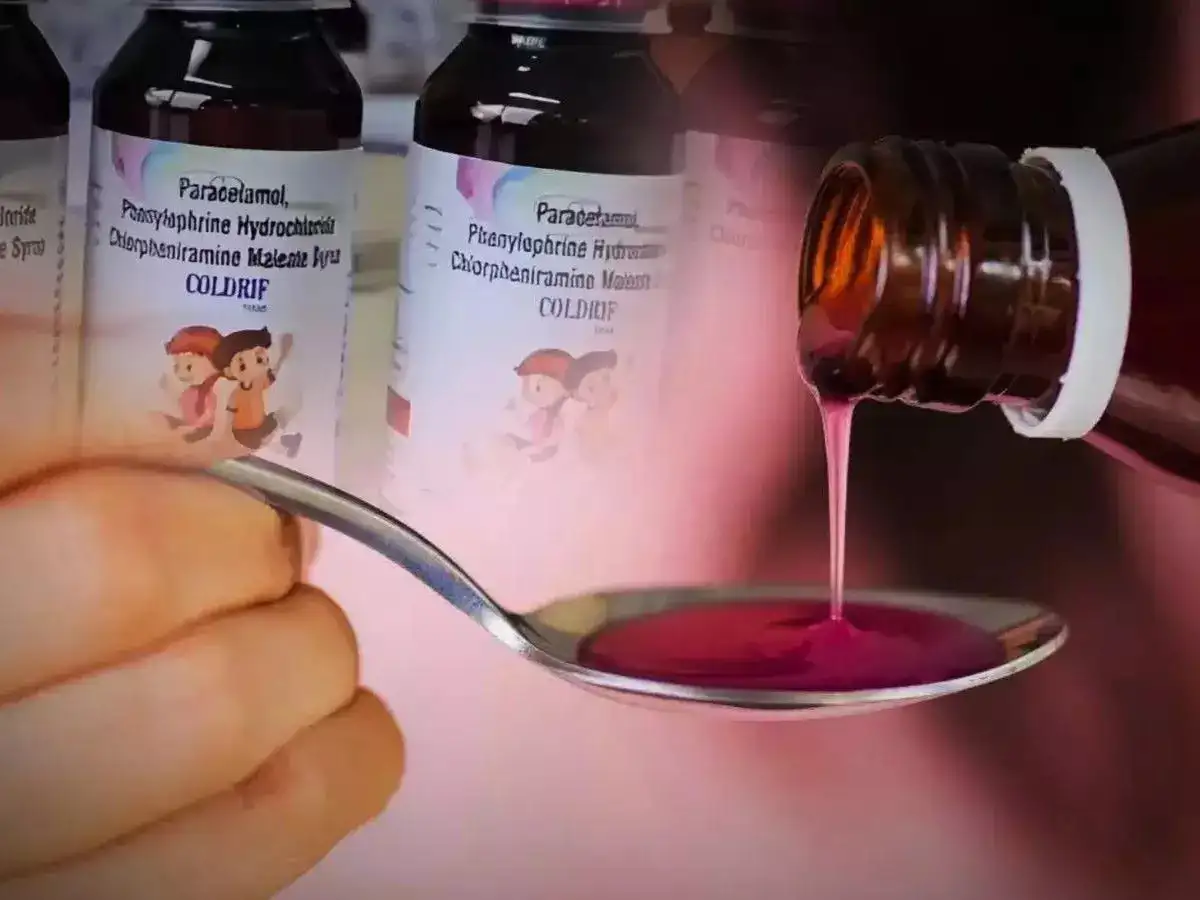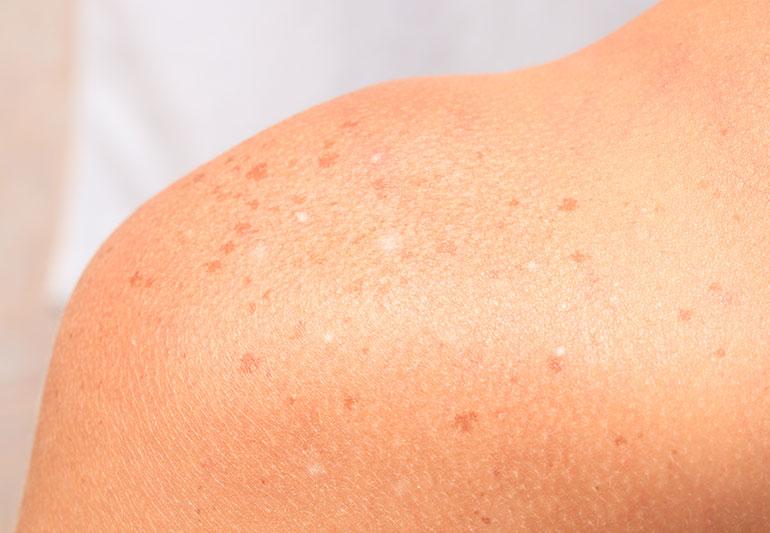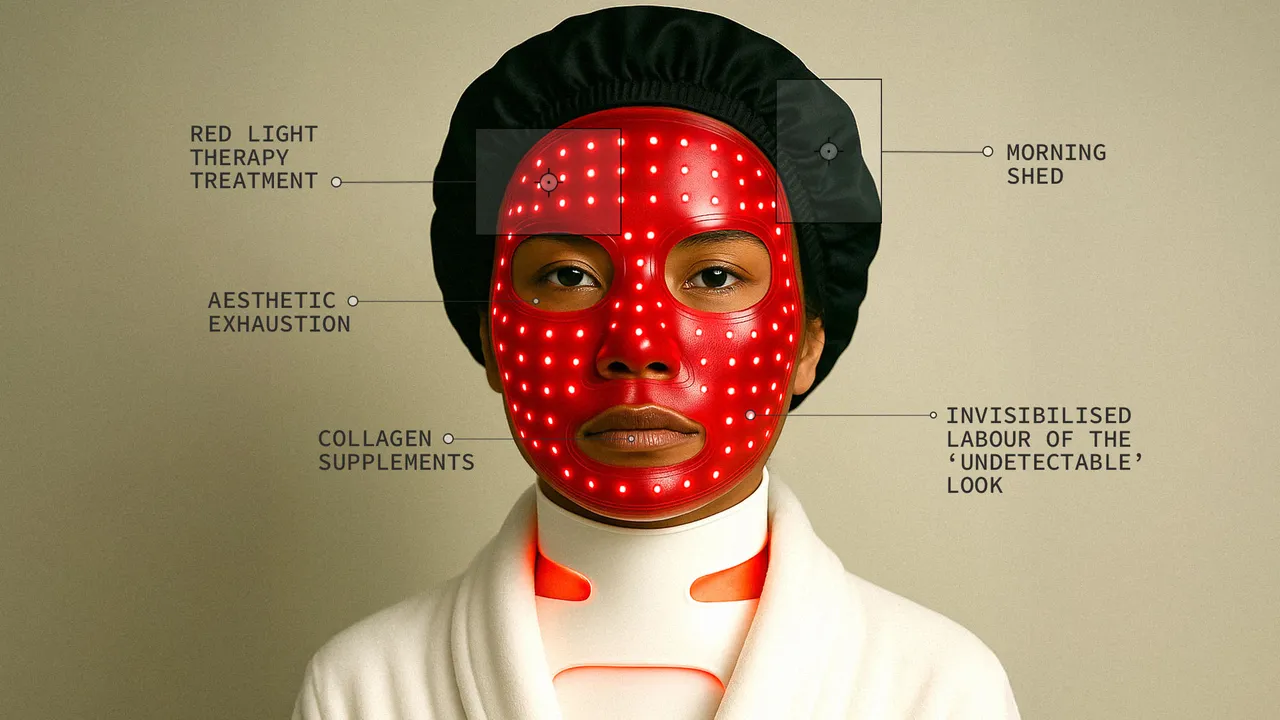Health & Beauty
Is the HPV vaccine revolutionary in the fight against cervical cancer?


By Kajal Sharma - 25 Jan 2024 09:19 PM
Thus far, research and clinical studies have consistently demonstrated the high efficacy of HPV vaccinations in preventing cervical precancers and infections with cancer-causing virus strains.The most effective strategy for preventing and managing infectious diseases is immunization, which has helped save millions of lives globally. Prophylactic HPV vaccine development has been fueled by the finding that human papillomavirus (HPV) infection is linked to a range of benign diseases and malignancies. There are currently four HPV vaccinations on the pharmaceutical market: Cecolin, which was developed recently, Gardasil, Cervarix, and Gardasil-9. The safety and effectiveness of HPV vaccines in preventing diseases linked to HPV have been demonstrated by numerous research. More than 100 nations that are members of the World Health Organization have reported implementing HPV vaccination programs since the first HPV vaccine was licensed in 2006.
On the other hand, fear of HPV vaccination, worries about its safety, and related negative effects have a big influence on HPV vaccination adoption efforts nationwide.Researchers in Sweden have demonstrated that broad use of the human papillomavirus (HPV) vaccine significantly lowers the proportion of women who will acquire cervical cancer, in what many global health officials are calling a landmark study. The effectiveness of the vaccine was most evident in girls who received vaccinations before the age of 17, as they showed an almost 90% decrease in the incidence of cervical cancer over the course of the 11-year study period (2006–2017) when compared to women who had not received the vaccination. The study involved nearly 1.7 million women."This is a cancer vaccine that can save lives," Jiayao Lei, Ph.D., of the Stockholm-based Karolinska Institute, stated as the study's principal investigator. Noel Brewer, Ph.D., a researcher at the University of North Carolina who focuses on HPV vaccinations and cancer prevention, described the study's findings as "incredibly powerful" on Twitter. The New England Journal of Medicine released the results on September 30.
























